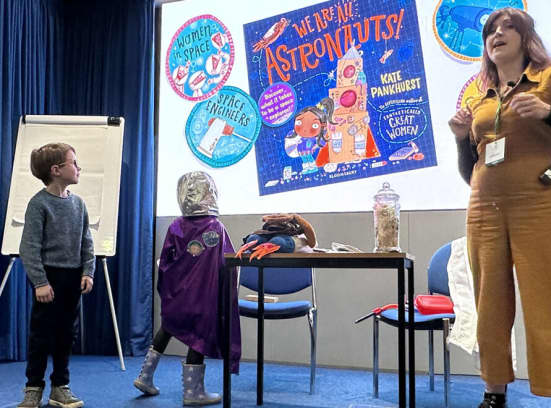For those us without the usual stream of technology permanently glued to our hands and wrists, to add to our proper adulting tasks we must remember exactly when the clocks change this weekend, on Sunday 27 March. I’ve heard it called the time of year when the clock in your car is right! Which to be honest wouldn’t be the first time my car has had the wrong time for half a year.
Our environment affects us, and this year it’s also Mothering Sunday (an emotional day for some) when the clocks change to Daylight Saving Time.
About 70 countries observe Daylight Saving Time; the closer you are to the poles, the longer the period of daylight in those summer months. Therefore, it’s not as helpful in the Tropics and near the Equator, where they usually don’t change their clocks. Like anything in life there is more than two sides to the story and there are campaigns to not change such as campaign for Lighter Time and Lighter Later.
What if anything does it do to our moods though? We are mammals, as quoted in that rather risky Bad Touch song, our moods can be controlled by more than just our everyday schedules. We have biological rhythms, called circadian rhythms, which affects our health and these can be disrupted by the change to time. Circadian rhythms are physical: mental and behaviour changes that respond to light and darkness.
Not only can we experience that ‘summer cold’ but it also it affects our mood. The cons of this circadian quickstep, which can happen for weeks and even months, can include disrupted sleep pattern, an 11% increase in depression, mental illness, and personality disorders. Just to bring even more joy to the notion that you lose out on an hours sleep, you are more likely to have a traffic accident, a workplace injury and even physical illness is shown to increase.
Keep an eye on any teens as well; release of melatonin happens around two hours later than adults due to puberty.
The pros, of course, are it can facilitate us away from SAD (Seasonal Affective Disorder), which has such a powerful effect on our resilience and healthy coping mechanisms. Given the time we live in and have been through, seeing more sun is just what we need.
So, what – if anything – can we do about those few days of jet lag and brain fog?
Try going for a walk in the sunshine, I know a classic intervention but every fibre in your body reacts to daylight (pretend you are a daffodil). This can help reset your rhythm, plus the exercise is an excellent side effect. Try putting children to bed a little earlier to begin to acclimatise to the lighter mornings. Try eating a little earlier – eating is another clue to our bodies of what the time is. Put your clocks forward one hour the evening before clocks change and go to bed at your usual bedtime. Put your phone down, stop scrolling in bed –which to be fair is good advice whatever the time is! Think about your sleep environment; keep your bedroom cool, comfortable, and dark, avoid caffeine and alcohol before bed, it’s a school night anyway…
Remember these changes, like emotions, are just visitors and as they come, they will go.
ZAYNA RATTY @zrtherapy
(She, Her) is an award winning LGBTQIA+, GSRD (Gender, Sex & Relationship Diversity), Race & Ethnicity Hypno-Psychotherapist, presenter, podcast host, columnist, and DEI trainer.








